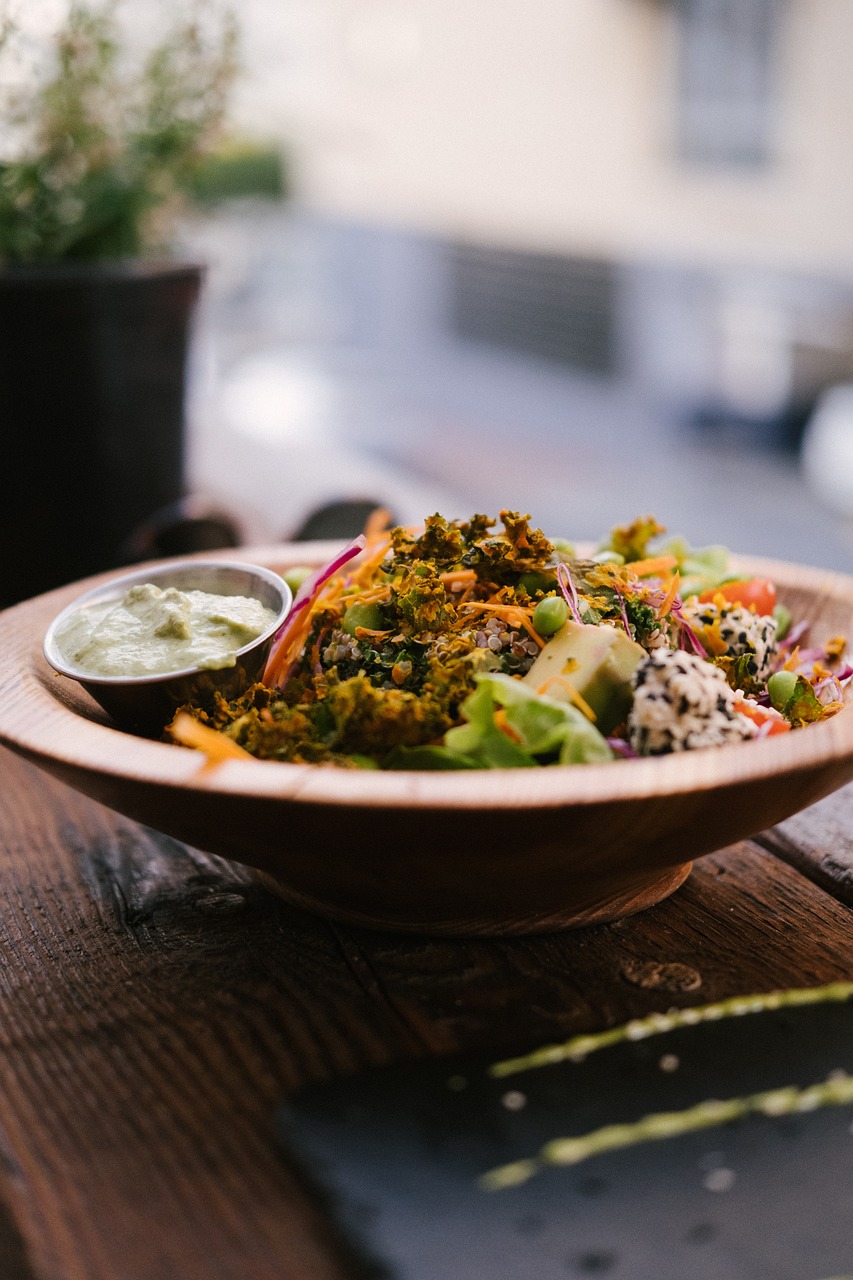1. Algae
As you have likely heard, omega-3 fatty acids (eicosapentaenoic acid or EPA and docosahexaenoic acid or DHA) can significantly lower the risk of cardiovascular disease. Unfortunately, fish oil from which these fatty acids typically come is typically obtained through an inefficient system that involves slaughtering sentient animals (1).
Vegans can meet their omega-3 needs by consuming foods rich in ALA and eating algae like spirulina or kelp. Unfortunately, our bodies only convert a small percentage of ALA to DHA and EPA; thus seafood as well as plant oils like flaxseed or hemp seeds provide good sources for this essential fatty acid.
2. Flaxseed
Furthermore, it also offers health-promoting compounds such as lignan-Secoisolariciresinol diglycoside and vitamin E for overall wellbeing.
One tablespoon of ground flaxseed provides 1.8 grams of omega-3 fatty acids, and can easily be added to salads, smoothies and baked goods. You could also incorporate other sources such as chia seeds, flaxseed oil and shelled hemp seeds for additional omega-3s in your diet – but please be mindful when doing so; certain of these items could interact with medications – it’s wise to check with your physician first!
3. Sunflower Seeds
Sunflower seeds make an irresistibly tasty and nutritional snack, packed full of protein, fiber and vitamin E as well as iron, phosphorous and calcium for extra nutrition.
One tablespoon of sunflower seeds provides two grams of protein and three milligrams of vitamin E, an effective antioxidant that protects eyes against oxidative stress and age-related macular degeneration.
They provide essential omega-6 fatty acids needed for healthy skin, as well as pantothenic acid essential for hormone and metabolic regulation.
4. Almonds
One study showed that eating almonds helped increase activity from bacteria that promote gut health while simultaneously decreasing inflammation.
Almonds contain only modest quantities of the plant-based omega-3 ALA, with no EPA or DHA content.
5. Cashews
Cashews are an indispensable ingredient in many healthy recipes. As a nutritious food source, they often pair well with omega-3-rich sources such as flax or chia seeds; cashews do contain some ALA but no DHA or EPA for an enjoyable nutrition experience.
No matter if you’re just beginning a vegan diet or an experienced plant eater, it is crucial that you consume an array of nutrients. Omega-3 fatty acids are vitally important to eye and brain health – with vegan sources making this easy!
6. Chia Seeds
Chia seeds have quickly become one of the latest trends in health food, beyond sprouting into fuzzy grass-like pets. These tiny seeds contain omega-3 fatty acids, dietary fibre, protein and minerals for maximum nutritional benefit.
Sprinkle ground chia seeds over overnight oats or porridge, salads and smoothies to add chewy texture and additional nutrition. Soaking chia seeds adds even more chewy texture and additional benefits!
Consult a plant-based registered dietitian to better understand how you can meet your omega-3 needs through diet. Contact our team for a discovery call session!
7. Flaxseed Oil
Omega-3 fatty acids are vital nutrients, yet can be hard to come by without fish. Luckily, many plant sources offer omega-3 rich foods.
Nuts, chia seeds and flax seeds contain alpha-linolenic acid (ALA), which the body can convert into EPA and DHA; however, conversion can only happen inefficiently.
Add three tablespoons of ground chia or flax seeds to your oat milk and top with fresh fruit for an easy breakfast on-the-go. You could even take an omega-3 supplement for extra omega-3 intake!
8. Tofu
Asian dishes frequently incorporate this versatile ingredient made from coagulated soy milk and available in various forms: silken (which sets directly within its packaging), block, smoked or fermented.
Tofu is an excellent plant-based source of omega-3 fatty acids and protein that may assist with strength training and weight loss, as well as providing essential soy isoflavones that may improve bone density while relieving menopausal symptoms.
Slice, fry or marinate chicken to add it to any meal – whether that’s breakfast scrambles, stir-fries or even casseroles!
9. Pumpkin Seeds
Pumpkin seeds are an abundant source of protein, healthy fats and antioxidants – as well as being an excellent source of magnesium and zinc. Pumpkin seeds also provide an abundance of tryptophan, helping improve sleep patterns.
Pumpkin seeds (commonly referred to as pepitas) can be eaten raw or roasted and can be found in supermarket snack aisles. Pumpkin seeds provide heart-healthy omega-3 fatty acids, potassium and magnesium as well as being an important source of dietary fiber, iron copper thiamin folate. Plus they’re low sodium!
They’re also packed with polyunsaturated fats that help reduce cholesterol and triglycerides, while their source of selenium supports immune health.
Just one ounce of sunflower seeds provides nearly 45 percent of our daily recommended dose (14)
